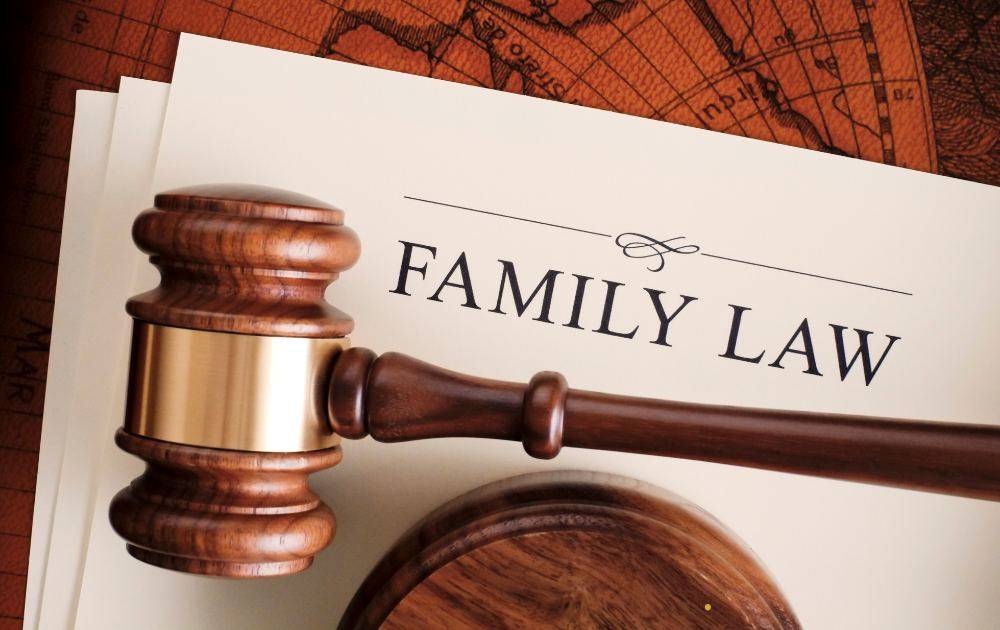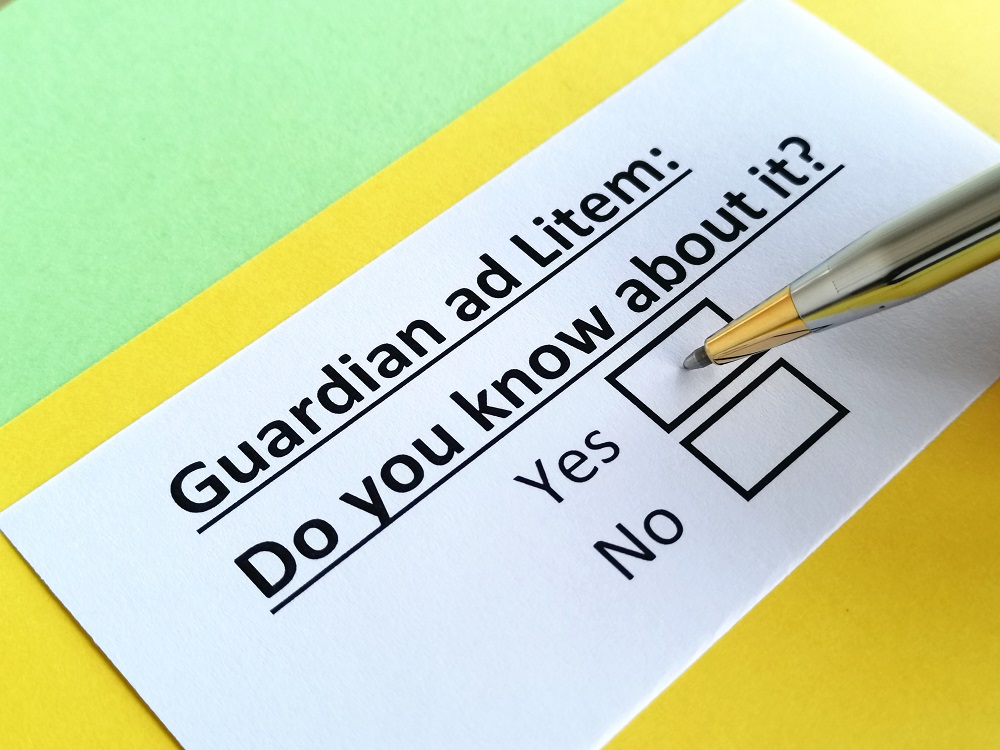How Florida’s New Wage Laws Could Impact Spousal Support
Understanding Florida’s Updated Wage Structure Florida’s wage landscape continues to shift as new employment regulations, and minimum wage adjustments go into effect. While Florida does not impose a state income tax, changes in wage laws can influence how courts calculate financial resources in divorce cases. Because alimony is based on...

































